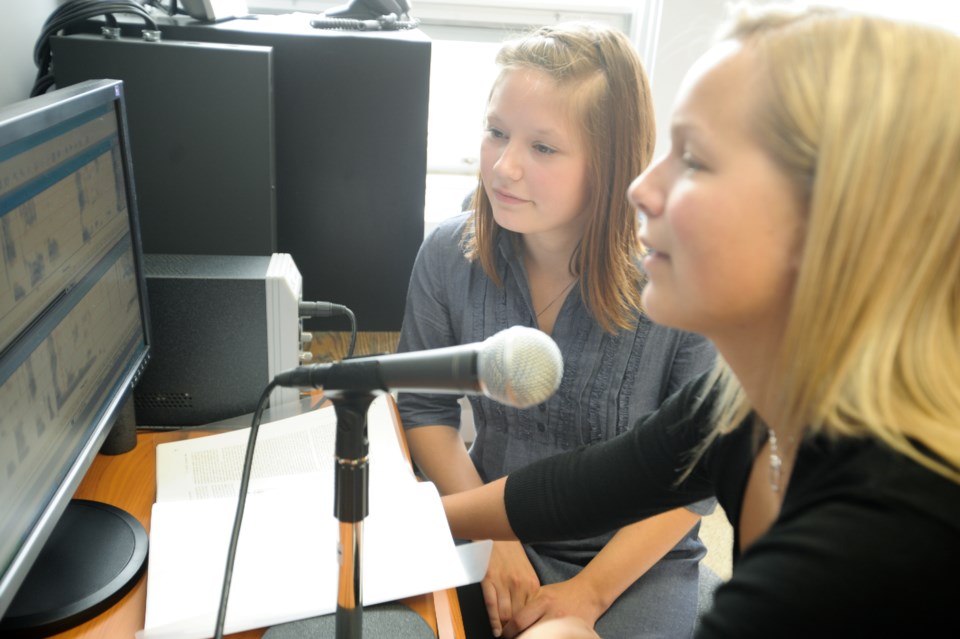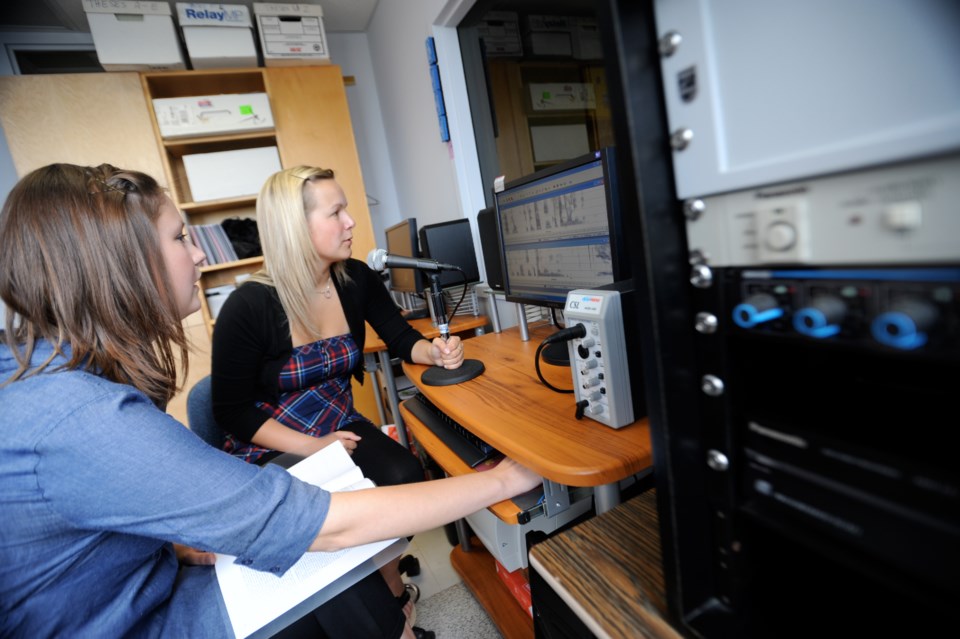The shortage of trained speech-language pathologists in Northern Ontario is particularly acute.
Schools and healthcare providers are feeling the strain while academic performance, mental health, and quality of life are impacted for affected individuals. Laurentian University’s Speech-Language Pathology (SLP) program is addressing this shortage in Sudbury and areas further north.
Roxanne Belanger, Associate Professor and Director of Laurentian’s Speech-Language Pathology program says, “Our work is not only about helping people speak; it’s about enhancing their lives, building connections, and promoting a stronger, healthier community.”
Building confidence
Language difficulties are often called an “invisible disease”, but their negative impacts can be particularly profound.
Imagine a child struggling to form words, an elderly person dealing with speech difficulties after a stroke or an adult battling a stutter. These are the individuals who benefit immensely from the expertise of speech-language pathologists. Laurentian’s SLP graduates step into the assessment and treatment roles with a blend of compassion, skill, and a deep understanding of the unique challenges faced by those dealing with speech problems.
Laurentian’s SLP Program
Laurentian offers a 4-year Baccalauréat ès sciences de la santé (Orthophonie) program exclusively in French. It focuses on both theory and clinical practice. Students are trained to assess and treat communication and swallowing disorders, while also studying issues around Indigenous culture and bilingualism.
The Laurentian SLP program equips students to be attuned to the cultural and linguistic needs of Northern Ontario’s Francophone and Indigenous populations.
Laurentian University also offers a 2-year Maîtrise ès sciences de la santé (Orthophonie) master’s degree which is required to become a licensed speech-language pathologist and can open doors to a wider range of opportunities in the healthcare field.

SLP placements help fill the healthcare gaps
SLP student placements offer real-world experience which often ignites a student’s passion for making a difference and convincing many to remain working in the area, turning student placements into lasting careers. About 85% of Laurentian’s SLP graduates have roots in Northern Ontario and a deep desire to give back to their communities.
Laurentian University is one of only three universities in Canada that has an on-site Speech-Language Pathology Clinic. Belanger says, “The clinic provides needed services but also vital placement opportunities to Laurentian SLP students as workforce shortages and vacancies translate into fewer opportunities to train under qualified practitioners in the field.”
Evidence shows that students raised and trained in the north will more likely take a professional position in the region. Belanger says, “Laurentian’s SLP program helps to keep trained professionals working in the area. We’re very proud of the job we’re doing in terms of growing the number of trained speech-language pathologists in the region.”

Laurentian’s Speech-Language Pathology Clinic
The clinic opened its doors 10 years ago to provide quality rehabilitative services to people in Greater Sudbury dealing with communication and swallowing disorders. Belanger says, “When we first opened, there was only one private SLP practice in Sudbury.”
Currently, there are two clinicians working in the clinic. Katherine Weiman has been instrumental in the clinic’s service expansion and development. She has helped secure outside contracts and build its reputation. Williane Kanyamuneza is a second clinician who was recently hired.
For children who have difficulty understanding complex stories or directions, speech-language pathologists support them in developing vocabulary and understanding the relationship between words. Communication skills for adults who’ve suffered a stroke or other type of brain injury can also improve significantly with clinician support. Belanger stresses, “It’s incredibly rewarding to see our clients make progress and to know that our clinicians and our SLP graduates are helping to fill a critical gap in our local healthcare system.”
Improving entire communities
Communication skills can significantly enhance an individual’s quality of life, opening doors to better education, employment opportunities, and social interactions. Laurentian’s SLP graduates are
not just filling positions, they are fulfilling dreams of better communication, one voice at a time. Through their work, they are building a community where everyone, regardless of age or background, has the chance to communicate effectively and to live a fuller, richer life.
Discover the educational opportunities and career possibilities in Laurentian University’s Orthophonie program.
